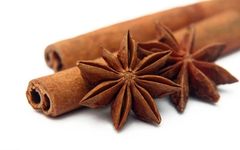Cinnamon
Having discussed the dual supplementation of Yin and Yang and the treatment of both liver and kidney with Shan Zhu Yu (Cornus), and the five flavors of Wu Wei Zi (Schisandra), let us now talk about the commonly used herb, Rou Gui (Cinnamon). Many people recognize Rou Gui primarily in the culinary field, used in dishes like braised meat, hot pot, stewed chicken, and duck, as it adds a delightful flavor. However, Rou Gui is not just a spice; it is also a significant medicinal herb in Traditional Chinese Medicine (TCM), known for its dual purpose as both food and medicine. Rou Gui is spicy and sweet, with a warming nature, entering the heart, liver, spleen, and kidney meridians. Today, we will explore its specific effects.
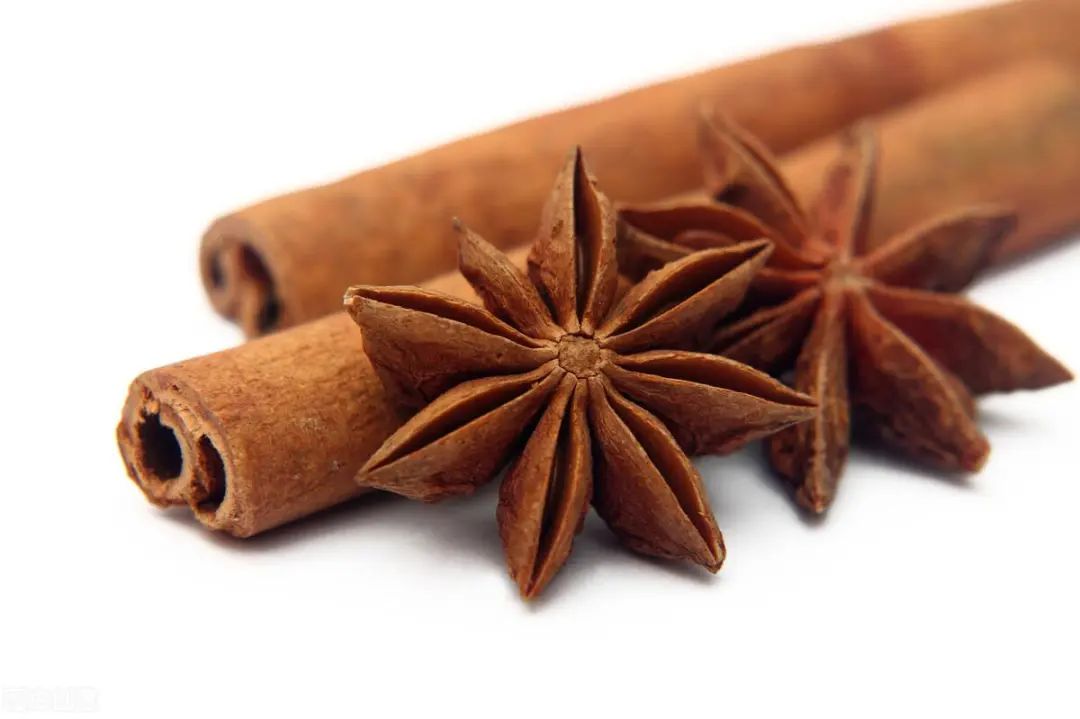
Supplementing Fire and Aiding Yang
Rou Gui is spicy and sweet, with a warming nature that can warm the kidney Yang and invigorate the spleen and stomach. Those with insufficient kidney Yang often exhibit symptoms such as soreness and weakness in the lower back and knees, fear of cold, cold extremities, and in severe cases, even a fear of cold in summer. Additionally, they may experience frequent urination with a large volume, a condition referred to in TCM as “Xiao Bian Qing Chang, Yu Li Bu Jin” (frequent clear urination with residual dribbling), especially at night when nocturia is particularly pronounced. Other symptoms may include tinnitus, decreased hearing, forgetfulness, and insomnia. Insufficient kidney Yang can also lead to poor fluid transformation, resulting in lower limb edema. If the spleen and stomach Yang is deficient, consuming cold foods may lead to diarrhea, and a deficiency in both spleen and kidney Yang can cause early morning diarrhea. Rou Gui can warm the lower burner, invigorate the spleen and kidney, supplement fire and aid Yang, and dispel cold. Therefore, Rou Gui is used to treat cold pain in the lower back and knees, cold extremities, frequent clear urination, forgetfulness, insomnia, and early morning diarrhea.
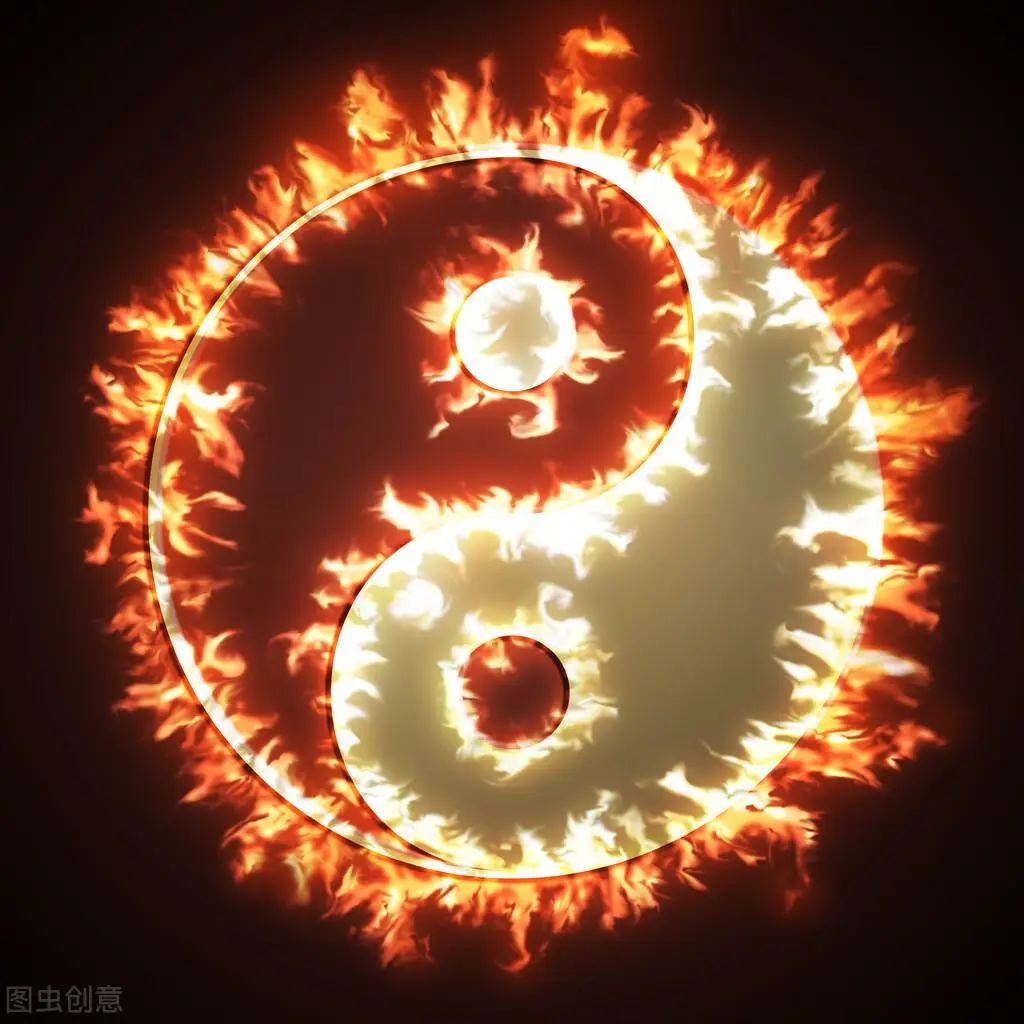
Upper Heat and Lower Cold
Some individuals experience strange symptoms; they may have diarrhea every time they eat, and even in summer, they are afraid to put their feet in water. However, they are also prone to symptoms of excess heat, such as frequent mouth ulcers, sore throats, swollen gums, and acne. This is a manifestation of upper heat and lower cold. For such individuals, taking heat-clearing herbs will often lead to a recurrence of heat symptoms within a few days. Moreover, heat-clearing herbs are inherently cold, and for those with an upper heat and lower cold constitution, their spleen and stomach are already sensitive to cold, making the use of heat-clearing herbs counterproductive. If their hands and feet are cold but they wish to consume warming herbs, they will find that heat symptoms emerge. TCM believes that when the middle burner is obstructed and the heart and kidney do not communicate, it results in the syndrome of upper heat and lower cold. The heart resides in the upper burner and is associated with fire, while the kidney is in the lower burner and is associated with water. In a normal body, there is a balance of water and fire; the kidney water must rely on the fire of the Ming Men (Gate of Life) in the kidney to rise and nourish the heart fire. If kidney Yang is insufficient, it cannot transport kidney water upward to nourish heart fire, leading to symptoms of upper heat. Simultaneously, if heart fire cannot descend to the kidney to warm kidney Yang, the lower burner will exhibit cold symptoms.
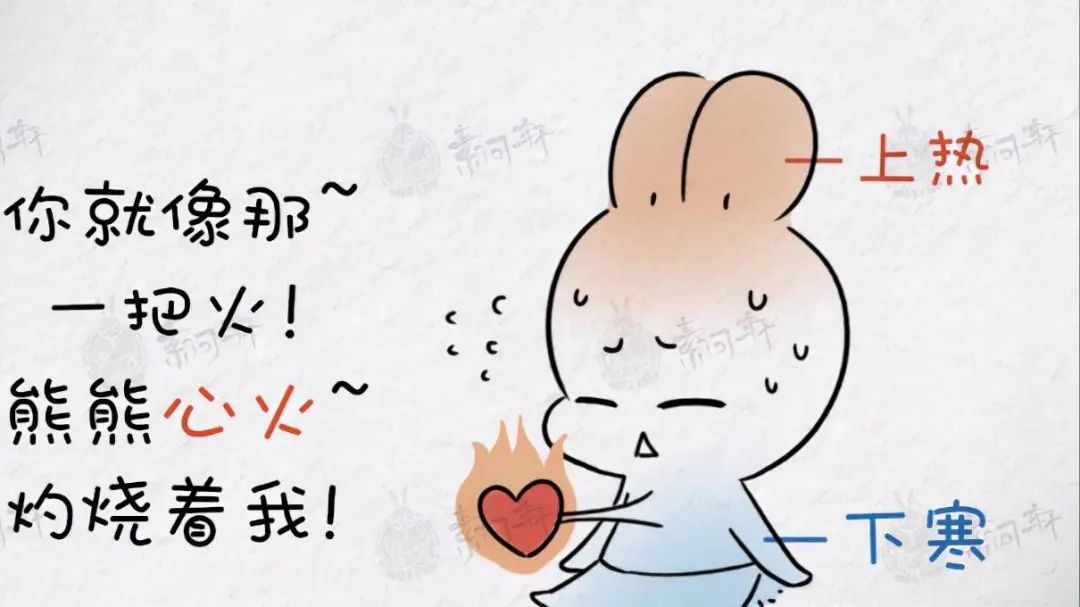
Rou Gui can draw fire back to the source and supplement kidney Yang. What does this mean? It means that Rou Gui can draw the heat from the upper burner down to the kidney, which has two implications: first, the heat from the upper burner is drawn down, alleviating symptoms of upper heat; second, it supplements the Yang energy of the lower burner, alleviating cold symptoms. Additionally, under the influence of Yang energy, kidney water is vaporized to the heart, further balancing heart fire. This back-and-forth process achieves a balance of water and fire, alleviating the syndrome of upper heat and lower cold. However, treating this syndrome of excess heart fire and insufficient kidney Yang cannot rely solely on Rou Gui. If someone claims that Rou Gui alone can treat upper heat and lower cold, let them try it and see if their heat symptoms improve or worsen. Therefore, Rou Gui is often used in conjunction with Huang Lian (Coptis) to treat upper heat and lower cold. Rou Gui is warming and can draw fire back to the source, supplementing fire and aiding Yang; Huang Lian is bitter and cold, capable of clearing heart fire. The combination of heat and cold facilitates the communication between heart and kidney, effectively alleviating upper heat and lower cold.
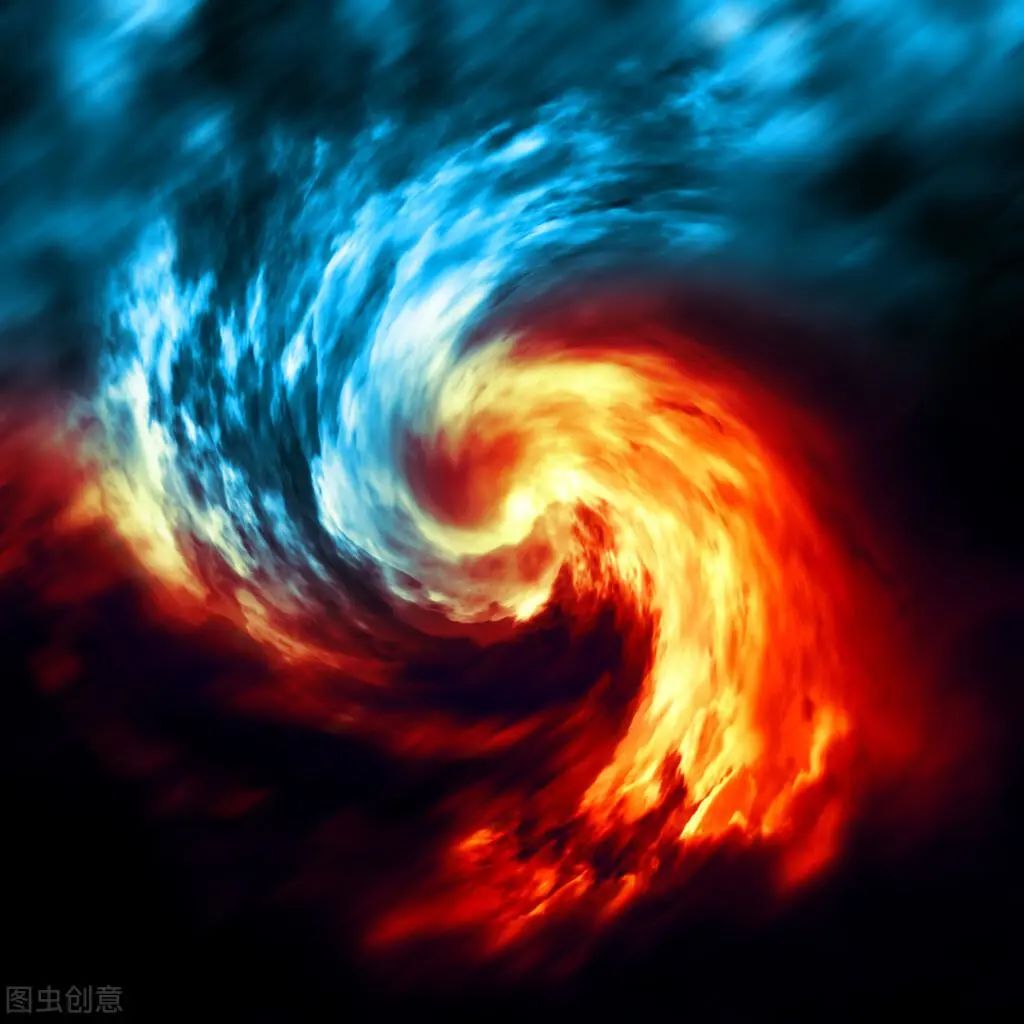
Conclusion
Rou Gui can supplement fire and aid Yang, draw fire back to the source, dispel cold, and relieve pain while warming the meridians and unblocking channels. Overall, it is warming; however, it should not be used alone for symptoms of excess heat caused by Yin deficiency or real heat. Additionally, TCM treatment should always be based on differential diagnosis. This article aims to provide simple medical theories to help the public better understand the causes of certain diseases, and it does not serve as a guide for medication. Self-medication is strongly discouraged.
Note: Some text and images in this article are sourced from the internet. The purpose of sharing this article is to disseminate more information. If there are any errors in source attribution or infringement of your legal rights, please notify us immediately, and we will promptly delete it and apologize.
More Exciting Content:
1. What to Do About Dizziness and Insufficient Cerebral Blood Supply? Four Simple Methods for Effective Adjustment
2. Is Tinnitus a Sign of Kidney Deficiency? Three Simple Methods to Help You Distinguish Between Deficiency and Excess and Adjust Accordingly
3. Could Headaches Be Caused by Blood Stasis? Blood’s Cleanser Can Help Improve Headache Issues
Tap to see more!

